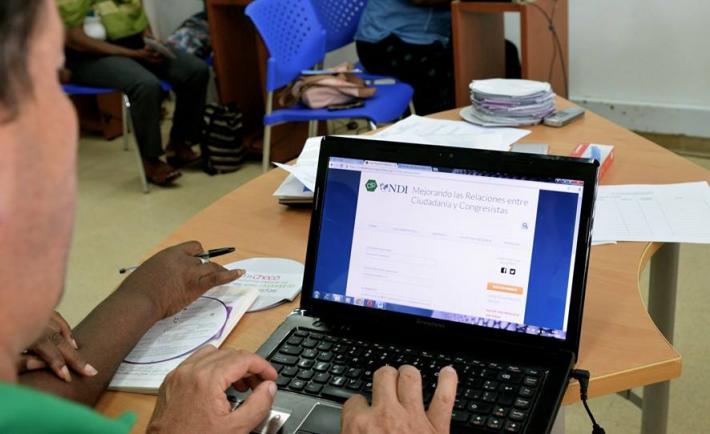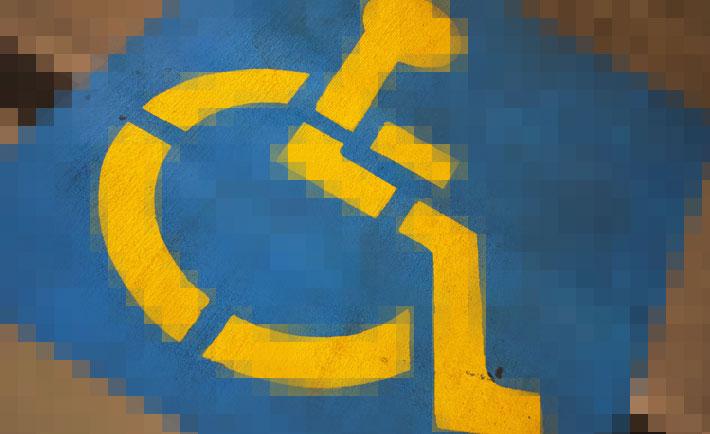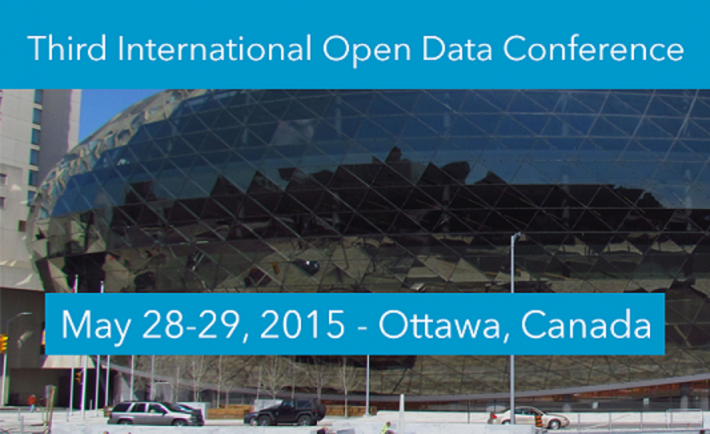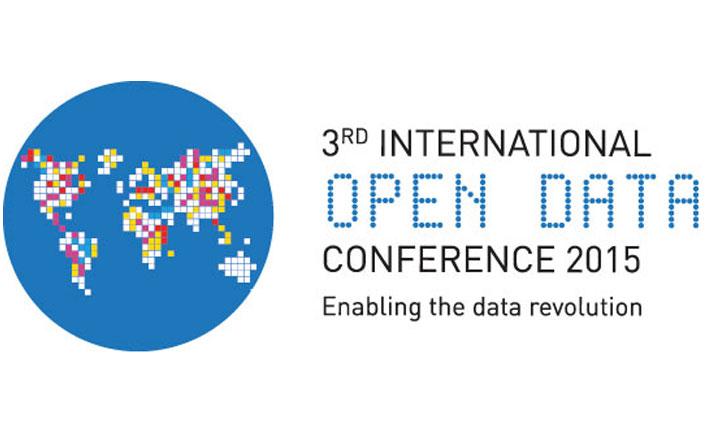Professor Gianfranco Pasquino graduated with a degree in Political Science from the University of Turin, where he studied under Norberto Bobbio, and specialized in Comparative Politics with Giovanni Sartori at the University of Florence. Between 1975 and 2012, he was a professor of Political Science at the University of Bologna. He currently teaches at the Bologna Center at John Hopkins University. Pasquino met with Andrea Fernández, NDI resident program officer in Colombia, to discuss the state of democracy in Latin America.
Interview: Doctor Gianfranco Pasquino Reflects on Democracy in Latin America
Creating Space for Civil Society Through Technology and Open Data
Today is International Day of Democracy, a day meant to inspire reflection and celebration of the principles of democracy worldwide. This year’s theme, “Space for Civil Society,” serves as a reminder that a strong and active civil society is necessary for resilient democracy. This year’s theme is also a reaction to the fact that civil society faces serious challenges globally. Since the early 2000s, authoritarian regimes have used new methods to limit the ability of civil society to protect the rights of citizens, demand accountability from government and engage in public policy. These limitations extend to the Internet and social media; authoritarian regimes continue to curtail political speech and monitor political dissent online. But just as autocratic regimes are imposing these limitations, civil society is adopting new technologies and using open government data to create new civic space and work in parallel with the interests of open, inclusive government. NDI is supporting these efforts by assisting civil society groups in the creation of international norms and standards for legislative openness and open election data.
The Next Big Step for Campaigns: Taking Mobile Canvassing Technology on the Road

A party organizer practices voter canvassing through a door-to-door exercise as part of an NDI political party training on July 29, 2015. Photo credit: Munira Aziz, NDI Afghanistan
Canvassing, an organized system of face-to-face citizen outreach, has long been used by politicians and advocacy groups to encourage constituents to vote, assess the habits and preferences of voters, and gather public opinion data. The time-honored tradition of knocking on doors remains an integral part of campaigns, though new mobile technology is starting to change the way canvassers operate on the ground.
From Strategy to Tactics - Assessment and Planning Tips for Technology-Enabled Programs
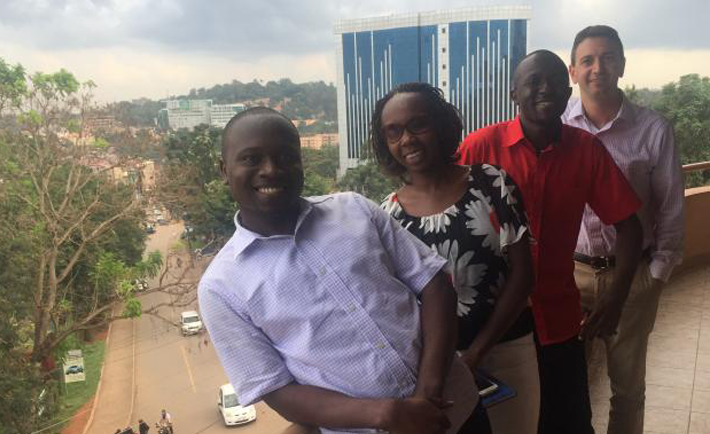
NDI meets with staff of OutBox Hub in Kampala, Uganda.
The goal of a planning a technology program assessment trip is to produce a detailed plan to meet program objectives and a shared vision between key stakeholders -- including the DC office, the partners, the field office team and other collaborators -- on how to make it all happen. We also need to be able to make sure that the partner's priorities and needs are matched to the appropriate tools.
Jon Stewart’s The Daily Show Made Politics Cool Again…and Young People Followed

Parazit co-host Kambiz Hosseini and The Daily Show host Jon Stewart on the set of The Daily Show (Photo: Kambiz Hosseini).
Though the studio lights have dimmed for the last time on Jon Stewart’s tenure as host of The Daily Show, his brand of political satire -- which aimed to keep leaders accountable, the media honest and youth interested in government -- shines on through its immense success with young audiences at home and abroad. The Daily Show sparked a new era of political satire, a step beyond the traditional editorial cartoon, satirical magazine and occasional political joke on late-night television. In the United States, Stewart’s style of “fake news” revolutionized not only satire in (and of) the media, but how youth engage with politics.
Red Innovación at 3 Years: Connecting Democracy Activists Throughout Latin America
Dan Wagner, CEO of Civis Analytics and National Analytic Director for the 2008 and 2012 Obama campaigns, participates in a Red Innovación Google Hangout on campaign strategies.
Since its launch three years ago, online platform Red Innovación has helped activists throughout Latin America efficiently share tools and materials that contribute to political reform and good governance initiatives. In honor of next month's launch of the new Virtual Diploma in Communication Policy, which is hosted by Argentine partner Civil Association of Popular Studies (Asociacion Civil de Estudios Populares, ACEP) in partnership with Red Innovación and will provide training on new communications strategies, here is a recap of Red Innovación’s successes.
Accessibility in the Digital Space: Making the Internet Open for Everyone
Barriers to participation are not always obvious to those without a disability, but something as simple as a wheelchair ramp can ensure a citizen's ability to exercise her right to vote. People with disabilities, who comprise 15 percent of the global population, are often blocked from aspects of public life. Efforts to improve the accessibility of physical spaces, such as polling stations and government buildings, are important, but in an increasingly digital age, it is also critical that people with disabilities are able to access and share information online. On June 16, NDI hosted an internal discussion with Nick Bristow, a lead web accessibility developer for the 18F team within the U.S. Government’s General Services Administration. During his discussion with NDI staff, Nick shared concrete skills on how to plan and design an accessible website, and cultivate organizational awareness of the needs of people with disabilities.
The Open Data Community Comes Together to Talk Data, Power, Politics
The Third International Open Data Conference in Ottawa last week brought together more than 1,000 open data advocates from a diverse array of countries and professional backgrounds for discussions intended to add transparency to government Compared with the First International Open Data Conference -- a small gathering of technologists at the World Bank in 2010 -- the event’s growth constituted a clear statement that open data is here to stay and the global community of advocates is growing.
Going to the International Open Data Conference? Come say hello to NDI
This week, NDI joins thousands of open government advocates, civic hackers, policymakers and journalists in attending the 3rd Annual International Open Data Conference (IODC) in Ottawa, Canada. It is going to be a week of workshops and discussions exploring open data issues and strengthening coordination among open data initiatives. Throughout the week, NDI will be hosting or participating in several events where we'll address how citizens can use data to make government more transparent and accountable. Whether your interests are in opening up election data or in promoting a parliamentary code of conduct, we'd like to talk to you at these events.
Social Media Insights on Crime and Violence in Latin America and the Caribbean
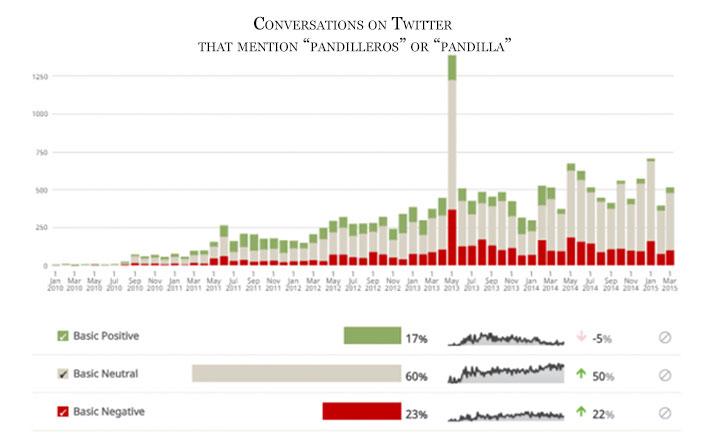
Social media analytics on crime and violence in Honduras. The colors represent the sentiment -- positive, negative or neutral -- associated with the context in which the words pandilleros (gang members) and pandilla (gang) were used.
The words “crime” and “violence” seemingly go together when talking about the Northern Triangle countries of Central America (El Salvador, Honduras and Guatemala). The words “data” and “hackathon” go together when discussing technical innovation, intricate computer applications and groups of hackers writing computer code to create the next billion-dollar application. Rarely do these four words merge on the same plane, but when they do, opportunities abound for conversations that have lots to do with innovation and more to do with citizen security and social development. I had the opportunity to take part in such conversations during a USAID-organized hackathon on April 30 and May 1, focusing on security levels in Central America and the Caribbean.


